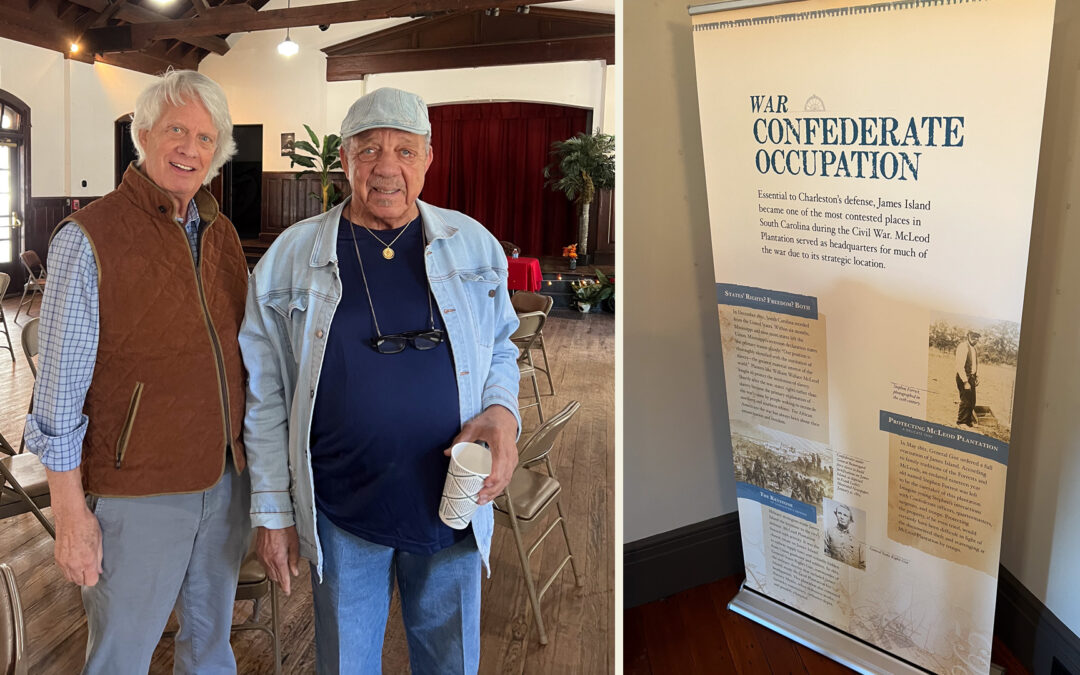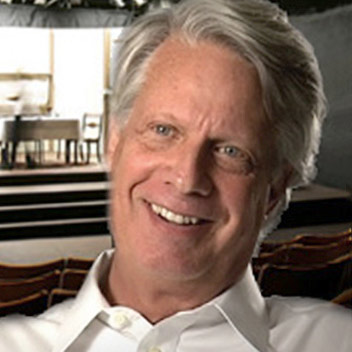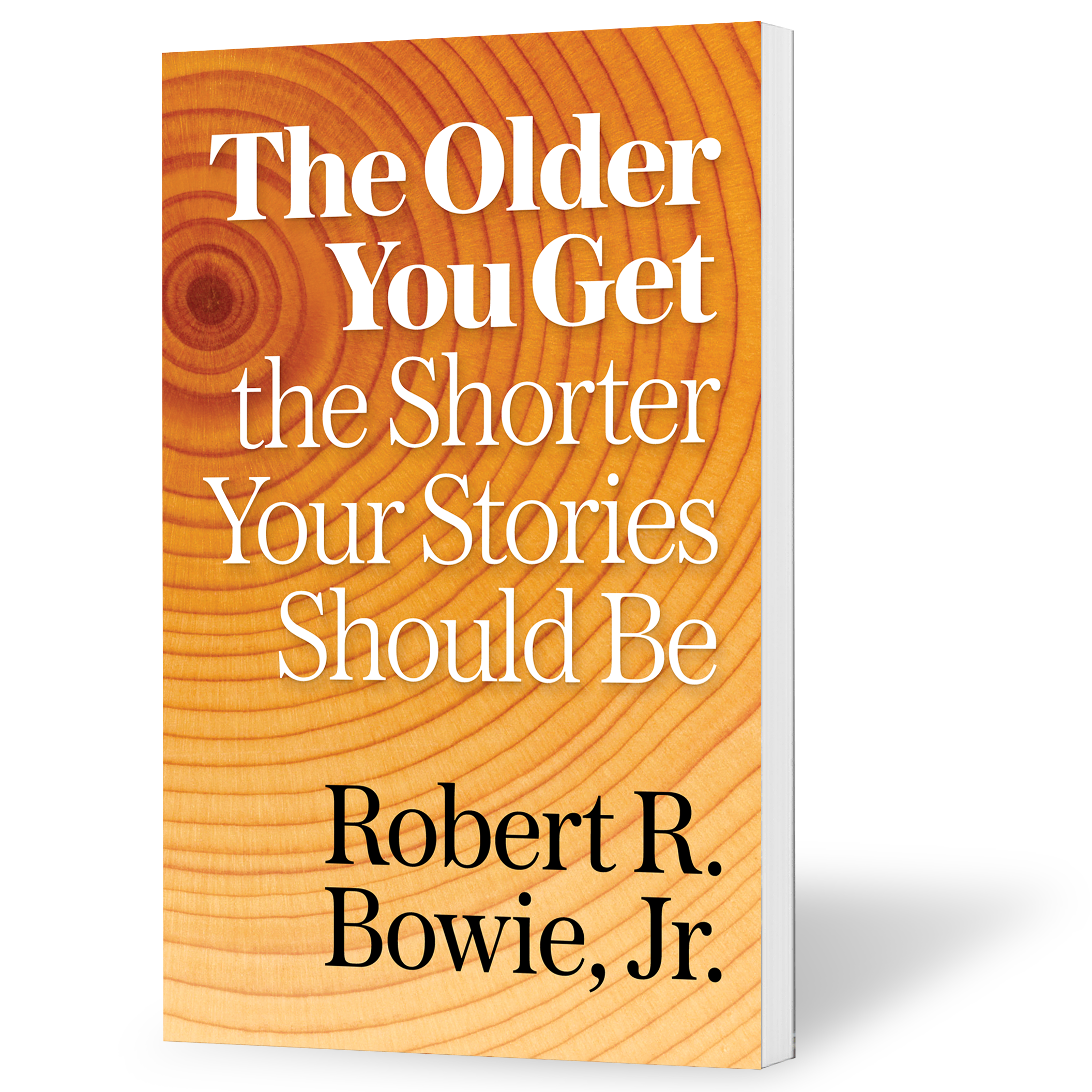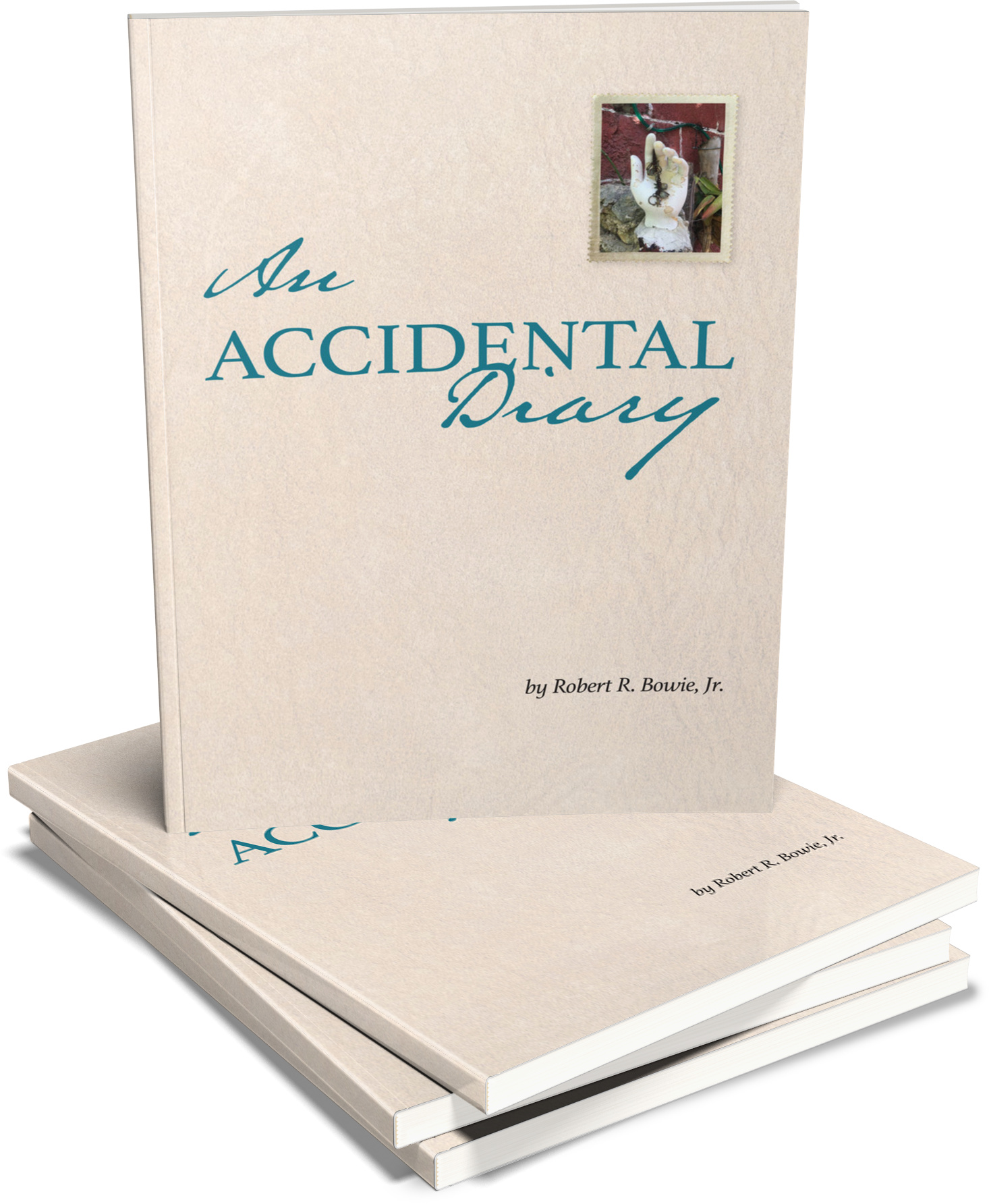Just Published!
The Older You Get the Shorter Your Stories Should Be
A warm, witty collection of bite-sized stories, outsized characters, offbeat observations, and globe-trotting misadventures, The Older You Get the Shorter Your Stories Should Be is a lighthearted chronicle of a lifelong storyteller.
“Reflections on a well-lived and adventurous life… charming, funny, poignant and wise.” — Drew Faust, President Emerita, Harvard University
“A riveting and rollicking collection of tales… With brutal candor and self-deprecating wit, Bowie unspools stories that both entertain and pack plenty of wisdom.” — Ben Bradlee Jr., Pulitzer Prize-winning editor of The Boston Globe’s Spotlight Team
“Pearl after pearl — brief easily-accessible stories that reflect the unclouded eye of the author for all things honest, compassionate and revelatory. I laughed, cried, reflected, regretted and rejoiced.” — Ty Cobb, Prominent Washington, D.C. lawyer and former White House Special Counsel
Now on Amazon!
An Accidental Diary
A sonnet a week for a year
An Accidental Diary has just been published. I am both surprised and extremely proud of my unusual book.
In writing a sonnet a week for a year, I discovered — almost 20 years later — that I’d created a wild subconscious diary in a year of transition.
It was whatever was on my mind Sunday night while working to meet my deadline.
It was what I had kept hidden from myself back then and what years later would happen: fond recollections and musings on loss, lust, love of family, my fear of dying alone, a sad divorce and, back then, even efforts to quit smoking.
I hope you’ll give it a read.
Plays by Robert Bowie, Jr…
Sold-Out Shows, Rave Reviews!
Our FringeNYC premiere could not have gone better…
ONAJE sold out all five shows, the performances were riveting, and both audiences and critics were exceedingly positive. Check out these great reviews from onstageblog.com and Theatre is Easy (theasy.com) .
Thanks again to our incredible cast, crew, and creative team — and to everyone whose generous support helped bring ONAJE to life!
Recent Posts

We Never Quite Live Up to the Obvious
There is nothing sadder than the moment that you realize you have missed the chance for an apology or an “I love you” that can’t be delivered because it’s too late.
At the end of my recent guided trip to Savannah, Georgia and Charleston, South Carolina I had back-to-back realizations of long-lost opportunities to apologize and to say “I love you.”
I have previously written about the trip that my friends and I took a year and a half ago to witness the history of the nonviolent practices of Martin Luther King, Jr. and the effort to enforce the civil rights laws in the western part of the south.
The focus of this trip was to follow the American slave trade pretty much from its beginning at two of the entry points and places between — from its beginnings to its end. It was a powerful experience and an amazing trip because it shook me to my roots and changed my understanding.
There are people who pass through your life and then before you can truly understand the dignity of their life and the kindness which they showed you before they are gone. In my case, one was Florine and the other was Jane. Both were Black women.
There is a fair amount of written material that documents the slave trade in America but it only becomes real when you are standing in a slave cell in which human beings were held for extended periods of time before they were auctioned into slavery, and after they had withstood the travel, in which 20% of the cargo are lost by the end of that journey.
Ten percent died on the ship and the other 10% were the unruly who couldn’t be sold. Sharks followed these ships across the waters to their destination.
As usual, I had read the dates and about the places, but to walk into slave quarters or visit buildings which have been inhabited during whippings, and experience the culture of slavery made it all real for the first time.
Slave women were forced to be kept pregnant, because they were producing product and this product was valuable. When they were old enough, the children would be sold and be lost forever. At birth, they were given only a first name no last name. After emancipation, they often just assumed the last name of their owners.
Chewing cotton roots was known to be an abortive for female slaves who did not want to bring their children into a world of degradation, however, if a pregnant slave was caught chewing cotton roots, they would receive 36 lashes, which is an unthinkably cruel punishment, especially for a pregnant woman.
Whipping was also administered to punish both slaves and their educators if it was discovered that a slave was being taught to read or write or learned mathematics such as the multiplication tables.
Florine Burk took care of my little brother and I in the late 1950s when we were kids in Washington, DC. She was a heavyset African-American woman in her 50s who had grown up in the South and had gotten her education in a single room school.
She was a force.
She could sing the alphabet and the multiplication tables. She was an avid reader who never spoke about her politics but you could feel by her presence what she thought.
She loved and knew a whole lot about Jackie Robinson and the Brooklyn Dodgers. My brother and I were required to memorize and recite the lineup for the Brooklyn Dodgers.
My brother and I loved her. She would hoist up her skirts and hit long fly balls in the backyard. If my brother or I hit a ball over the fence and through a neighbors window, she took our hand, walked us around the block, got us to knock on the door, made us promise that we would fix the window, and then she took us out to buy the glass and the caulking, and we would put in the window as she watched.
Eventually, we asked her to take us to a Washington Senators baseball game. She refused, and there was no doubt we were never gonna go with her to a Washington Senators baseball game.
Her reason, she said, was that Washington was “first in war, first in peace, and last in the American League.” She said she did not want us to witness bad baseball.
It was the 1950s, but it wasn’t her real reason and you could feel it, but I didn’t know what the real reason was until the last day of our recent trip.
Some things you have to learn late in life, and this trip taught me to look deeper into for Florine’s logic.
The morning before the end of the trip, I went online and researched the Washington Senators and found that they were one of the last teams in baseball to ever hire an African-American. They had drafted a black Cuban pitcher and identified him only as Cuban.
Florine knew her stuff. But this trip made me realize that I did not understand the depth of her character or what life must have felt like to her as a domestic raising white children in a brutally segregated city.
After she retired, she went to Los Angeles to be with family there. My brother and I wrote her birthday cards each year and sent her Christmas cards. After a few years, they would be returned to us unopened. I never told her face-to-face how much we loved her and respected her before she died.
That morning, I also realized the pain of a court clerk at the first trial I ever did in the Circuit Court of Baltimore City. I had been told that if you don’t know the judge or what to expect in the courtroom the first thing you do after you unpack is talk to the court clerk and try to make friends.
The court clerk was an entirely professional Black middle-aged woman who shook my hand and welcomed me to the courtroom when I offered my name and explained why I was there.
I put out my hand and said “I am Bob Bowie. What is your name?” She replied, “My name is Jane Bowie.”
She was instructive throughout the case and helped me when I asked my naïve questions. After the trial, I went over and thanked her and said how much I appreciated that we both had the same last name, and I had “a family friend in the court.” She smiled and laughed and patted me on the shoulder.
Over the next few years, I would see her on the streets around the courthouse and we would stop and talk. We became friends.
On this trip to South Carolina, we went to a museum that had only people‘s first names engraved in the walls at the entry room. I asked why were there only first names and the guide politely said during slavery, there were no last names, only afterward did many of the slaves just pick up the last name of the slave holder.
My family owned slaves in Prince Georges County. Much to my horror, I realized that Jane Bowie most likely came from an enslaved family that my family may have owned.
I was stunned and ashamed, but then I realized, and deeply respected, the kindness that she had offered me in the face of this country’s white supremacist history. Jane, like Florine, vanished 20 years ago and I never had the chance to recognize what she knew and the courage she had in dealing with me.
I fear that even in this generation, our children will look back and wonder how we could have looked the other way when immigrants came to this country and, as punishment, they were separated from their children when all they wanted was a chance to be free to raise them.
If you’ve ever had a blood transfusion, you never know whose blood it was. It was given as a gift from one human being to provide life for another. It’s a reminder of our common humanity, but we never quite live up to the obvious.
Cower or Commit
This past weekend, I was reminded of this excerpt from my book, “The Older You Get the Shorter Your Stories Should Be" (page 169): As the lions slowly approach, my fellow riders in the safari jeep become either “believers” that the jeep is safe territory or...
Only Humor Can Unite Us!
Last week Putin told a joke and the whole world laughed, except for America. This was remarkable. Have you noticed that there aren’t a lot of jokes in foreign policy? Jokes have to be told in the same language for both parties, which is hard in foreign policy. (There...
Ethics Made Me Miss the Boat
When I started to practice law, Jimmy Carter was elected president. To avoid some unimaginable conflict of interest, he sold his family farm for peanuts. Since I retired from the practice of law 10 years ago, apparently the ethics have changed. President Trump for his...

About Robert Bowie, Jr.
Playwright and Poet Robert Bowie, Jr. of Baltimore, Maryland has had ten plays produced, including “Onaje,” which was selected for professional production at FringeNYC in October 2018. Its five sold-out FringeNYC performances received rave reviews. Other plays include “There Ain’t No Wyoming” and “Naked House Painting Society,” which were produced through The Baltimore Playwrights Festival. Bowie’s political farce “Crash & Burn P.A.” was the only submission selected by the 2016 Festival Committee for a full production at Theatrical Mining Company, Baltimore.
Bowie’s plays are focused on social justice and span a broad spectrum between drama and comedy. His subject matter ranges from racial prejudice and civil rights to political farce.
Bowie is a graduate of Harvard University and is the Poet Laureate of The Harvard Alumni Association (HAA).
His well-reviewed collection of sonnets, An Accidental Diary, is available to order online.
“Without the arts, we are a rudderless boat.”
— Robert Bowie, Jr.







